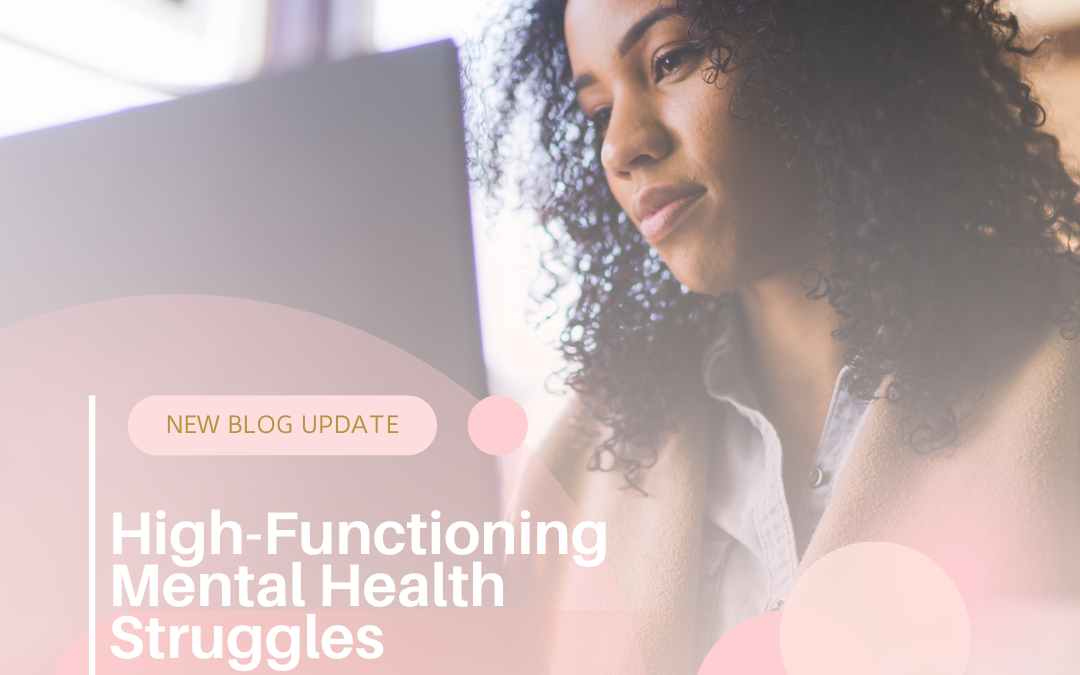You answer your emails. You show up to work. You smile when you’re supposed to.
You make the joke. Handle the crisis. Hit the deadline.
From the outside, everything looks fine.
But internally? You’re exhausted. Numb. Overstimulated. Disconnected. Dreading the next thing before the current thing even ends.
This is what high-functioning mental health struggles look like—and they’re more common than you think.
“You Don’t Look Depressed”
That’s because depression, anxiety, trauma, and burnout don’t always come with visible signs. They don’t always look like crying in a dark room. Sometimes, they look like…
-
Overachieving to avoid emotional stillness
-
People-pleasing because setting boundaries feels unsafe
-
Holding everything together for everyone but yourself
-
Smiling through meetings while panicking internally
-
Crossing everything off your to-do list, then collapsing at home
It’s hard to ask for help when no one sees a problem. Even harder when you start to believe your ability to function means you don’t need help.
Spoiler: you still do.
Why High-Functioning People Get Missed
We tend to associate mental health issues with breakdown—but many people live in a state of near-constant emotional overload while continuing to “perform.” Why?
Because survival mode is still mode.
You might’ve grown up learning that expressing emotions wasn’t safe. Or that productivity = worth. Or that if you stop, things will fall apart. So you keep going. And going. And going.
Until eventually, the cracks start to show—not in your calendar, but in your sleep, your relationships, your self-talk, your body.
The Hidden Cost of Keeping It Together
Here’s the thing: being functional isn’t the same as being well.
You can be:
-
Reliable and chronically overwhelmed
-
Put-together and dissociating
-
Capable and burned out
-
Calm and screaming inside
The mask of high-functioning can be isolating. People assume you’re fine. You might even convince yourself you are—until your body says otherwise. Fatigue. Headaches. GI issues. Panic attacks out of nowhere. The body keeps the score, even when your planner says you’re killing it.
You Deserve Support Before the Breakdown
You don’t have to hit rock bottom to need (or deserve) help.
You don’t have to cancel your life to take your mental health seriously.
You don’t have to prove your pain with chaos or crisis.
If your mind is loud—even when your life is “in order”—you’re not imagining it. And you’re not alone.
Therapy, rest, medication, boundaries, and honest conversations aren’t reserved for people who can’t function. They’re tools for anyone who’s tired of living on emotional fumes.
A Gentle Reminder
You’re not weak for needing rest.
You’re not dramatic for needing space.
You’re not selfish for wanting more ease.
You’re not broken because no one else sees what you’re carrying.
If you’re functioning just fine—and still not okay—this is your permission to stop proving you’re strong by pretending you’re not struggling.
Ask for what you need. Start the conversation. Let yourself be cared for, too.


Recent Comments